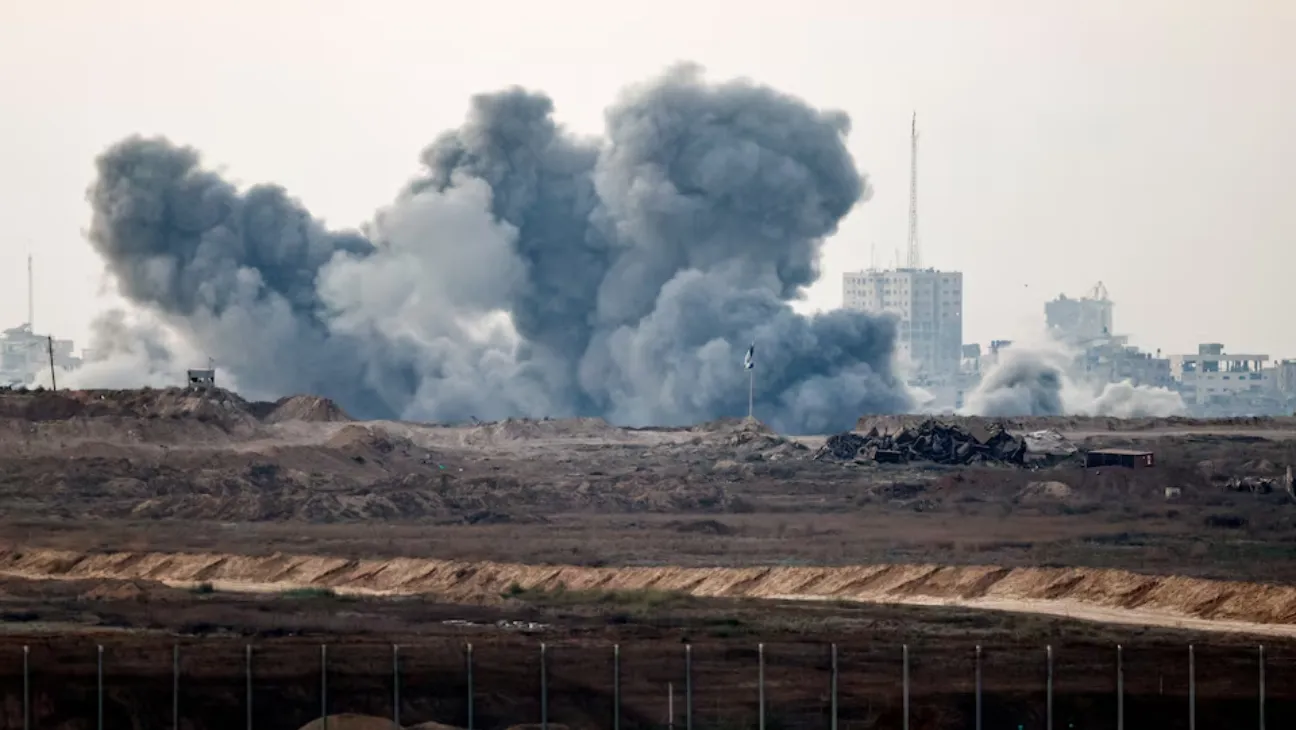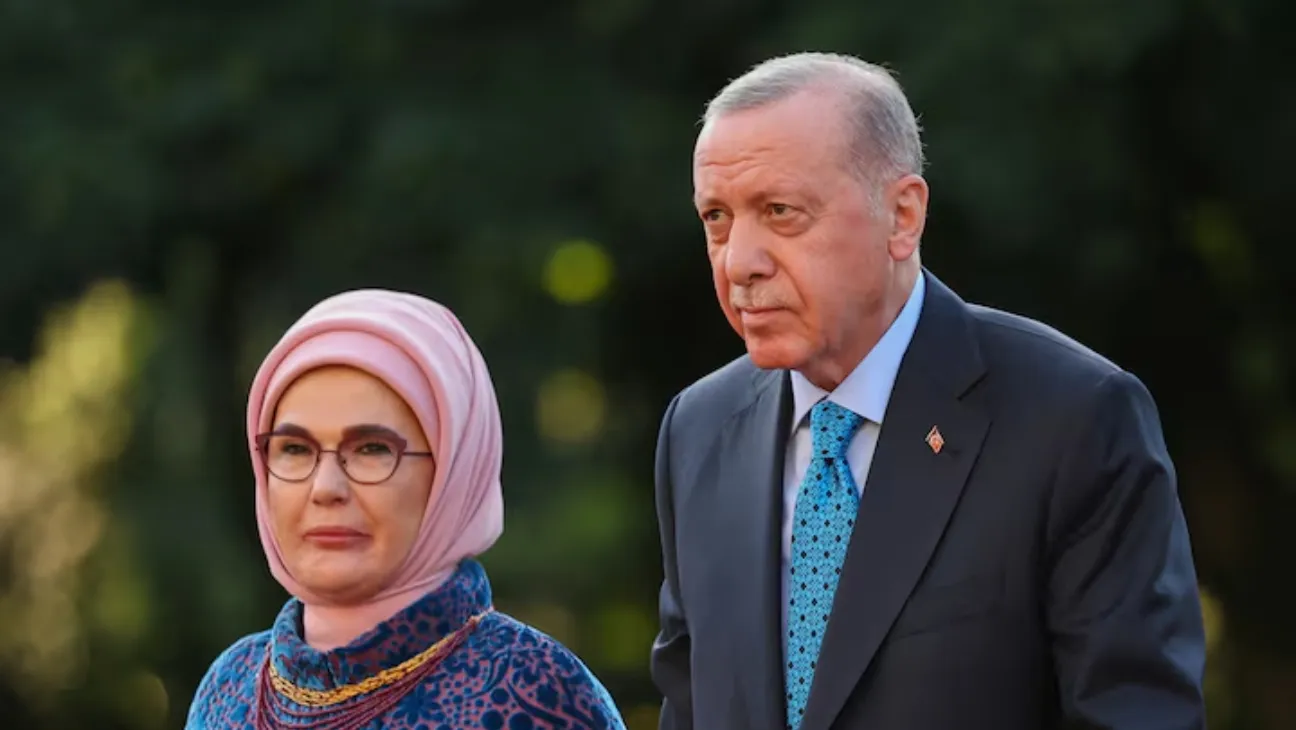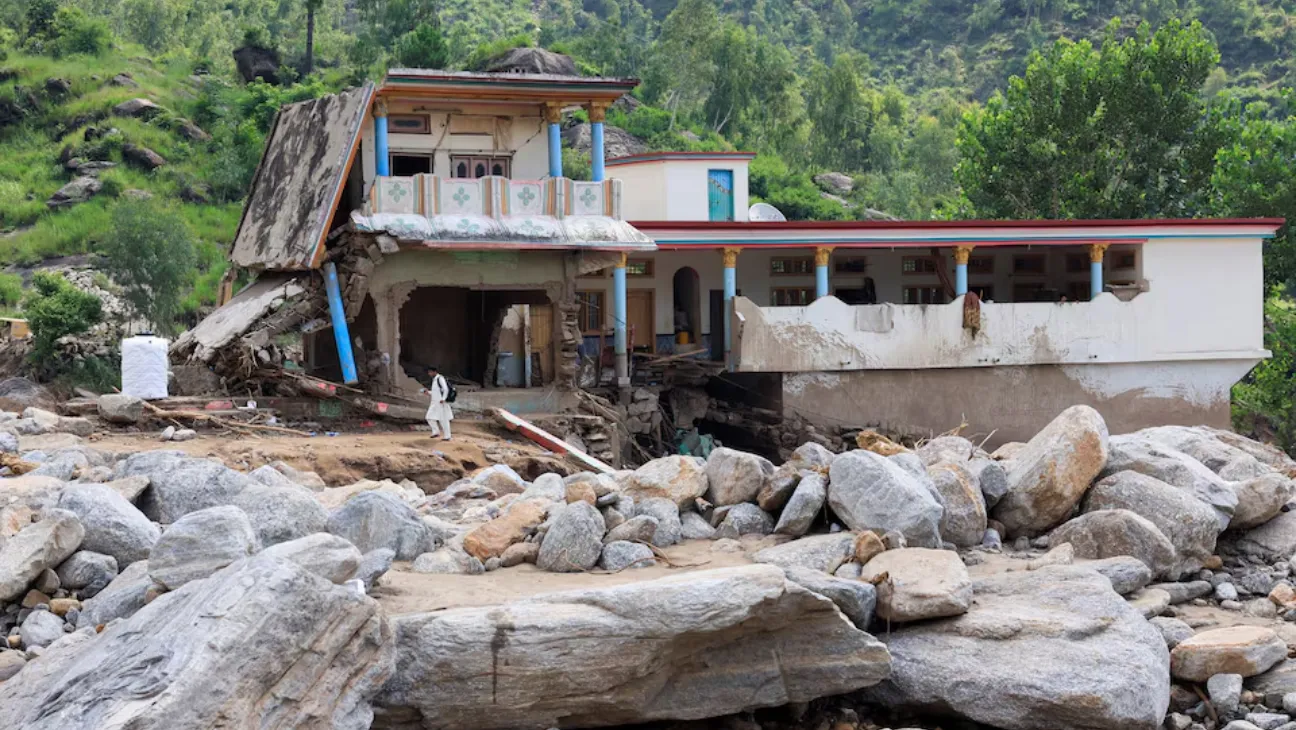Israeli Prime Minister Benjamin Netanyahu said Thursday that Israel intends to assume full military control of Gaza, reaffirming his government’s push for “total victory” against Hamas.
“We intend to,” Netanyahu told Fox News when asked whether Israel plans to take over the coastal enclave. “We don’t want to keep it. We want to have a security perimeter. We don’t want to govern it.”
Instead, he said, presumably putting the responsibility of governing the country in Arab hands, without specifying which nations would participate or how that would work.
The remarks were made just before a cabinet meeting in Jerusalem where senior ministers were deliberating next moves in Gaza. One option reviews a phased military advance in areas of the enclave yet to be captured by Israel.
Plans may include civilian evacuation warning prior to military entry, in particular regions, up to 3 weeks in advance: senior Israeli gov’t source Any such decision would need to be approved by a wider cabinet, which may not happen until Sunday.
The notion of reclamation of all land would undo Israel’s pullout from Gaza in 2005, when the military left the area alongside a presence of settlers and forces while maintaining dominance over Gaza’s airspace and perimeter. Right-wing parties still blame that move for Hamas winning elections in 2006.
Whether Netanyahu envisions a temporary occupation or a prolonged campaign remains unclear. His statement follows weeks of mounting criticism at home and abroad over Israel’s handling of the nearly two-year war.
Hamas fired back almost immediately. They slammed Netanyahu’s comments as a “blatant coup” designed to wreck the ongoing talks, and went further, accusing him of being willing to “sacrifice” the hostages just to save his own political skin.
Other regional actors also pushed back. A Jordanian official told Reuters that Arab states would only support post-war governance arrangements backed by Palestinians themselves.
Osama Hamdan, a senior Hamas official, warned that any force set up to govern Gaza in coordination with Israel would be seen as an occupying regime.
Earlier this year, both Israel and the U.S. rejected an Egyptian proposal backed by Arab leaders. That plan called for a temporary technocratic administration to manage Gaza’s recovery and services after the war.
His comments come amid rising opposition to the war within Israel. Roughly 300 Israelis protested against further attacks in a location just outside his Jerusalem office on Thursday evening. Others urged for a ceasefire agreement that would focus on the repatriation of those taken hostage who still remain in Gaza.
Also Read: Hamas Offers Red Cross Access to Hostages if Israel Opens Aid Corridors
I came here because I am fed up with this government. Noa Starkman, a 55-year-old from Jerusalem, said the attack on Israel has “ruined our life”. The city in which she grew up is near where the October 2023 Hamas assault that started the war occurred.
Israeli officials state there are 50 hostages in Gaza. It is thought that only 20 exist alive. Attempts to free them have largely been through diplomatic means, though those talks broke down in July.
The Families of Hostages forum, representing relatives of those taken captive, called on the military not to allow expansion of the campaign. On Wednesday, Defense Minister Israel Katz stressed that military would continue to execute government orders ‘until all goals reached, end of story’.
The Israeli military says it now has about 75% of Gaza under its control on the ground. However, clashes are still taking place in some areas, and the majority of the enclave is in ruins.
It has displaced nearly 2,000,000 residents, in many cases more than once. Humanitarian groups have been issuing warnings, claiming Gaza is ‘approaching the brink of famine.’
“Where should we go? Aya Mohammad, 30, who returned a few days ago with her family to Gaza City after several forced evacuations, said, “We have been displaced and humiliated enough.
Even as calls for a ceasefire continue to grow, Netanyahu’s coalition, including the far-right elements, holds onto its full military control over Gaza. Whether that holds the key to a peaceful resolution(end of the war) or only serves to further entrench the conflict is yet to be seen.
Requests for comment from the White House were not answered. Asked on Tuesday if he backed a total Israeli occupation of Gaza, former President Donald Trump declined to answer if he did or not.
The expansion of the war would be “profoundly terrifying,” warned the United Nations. Within Israel, the reluctance to escalate further is noticeable and becoming noticeable. However, the government appears determined to follow its course, at least for the time being.









